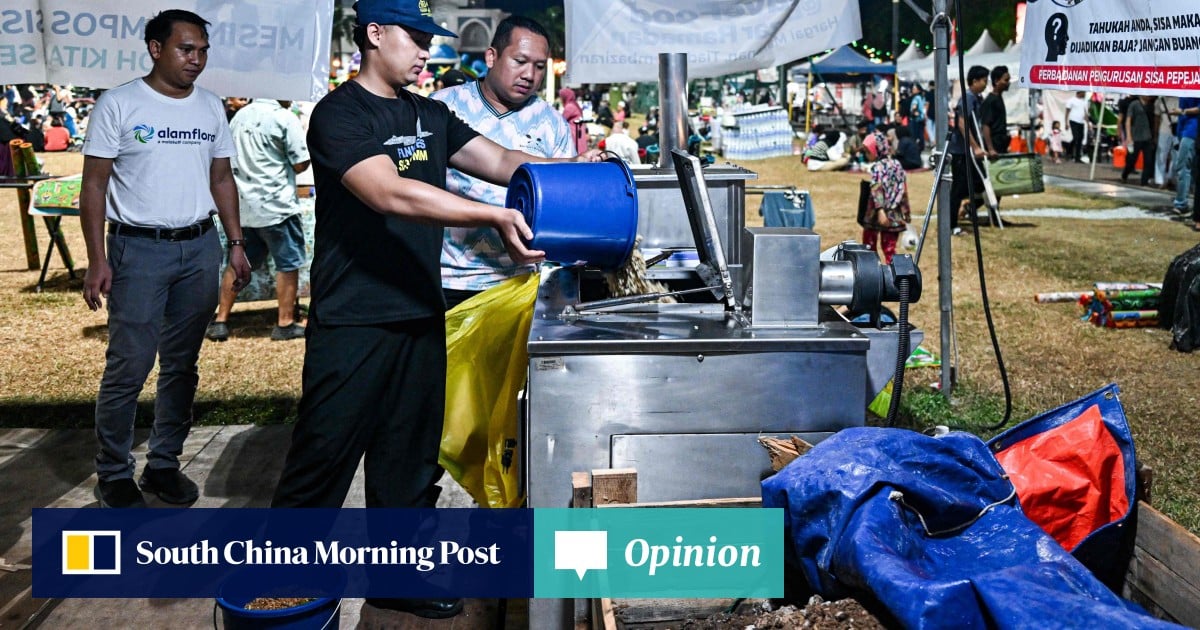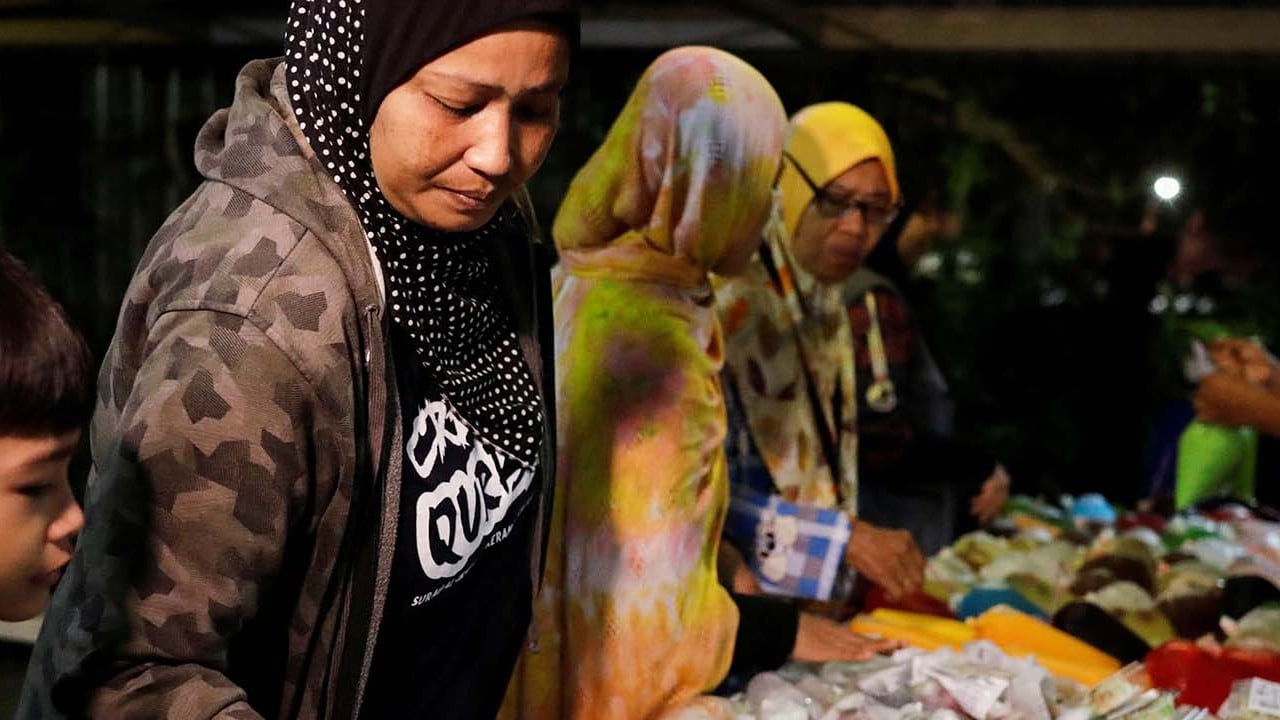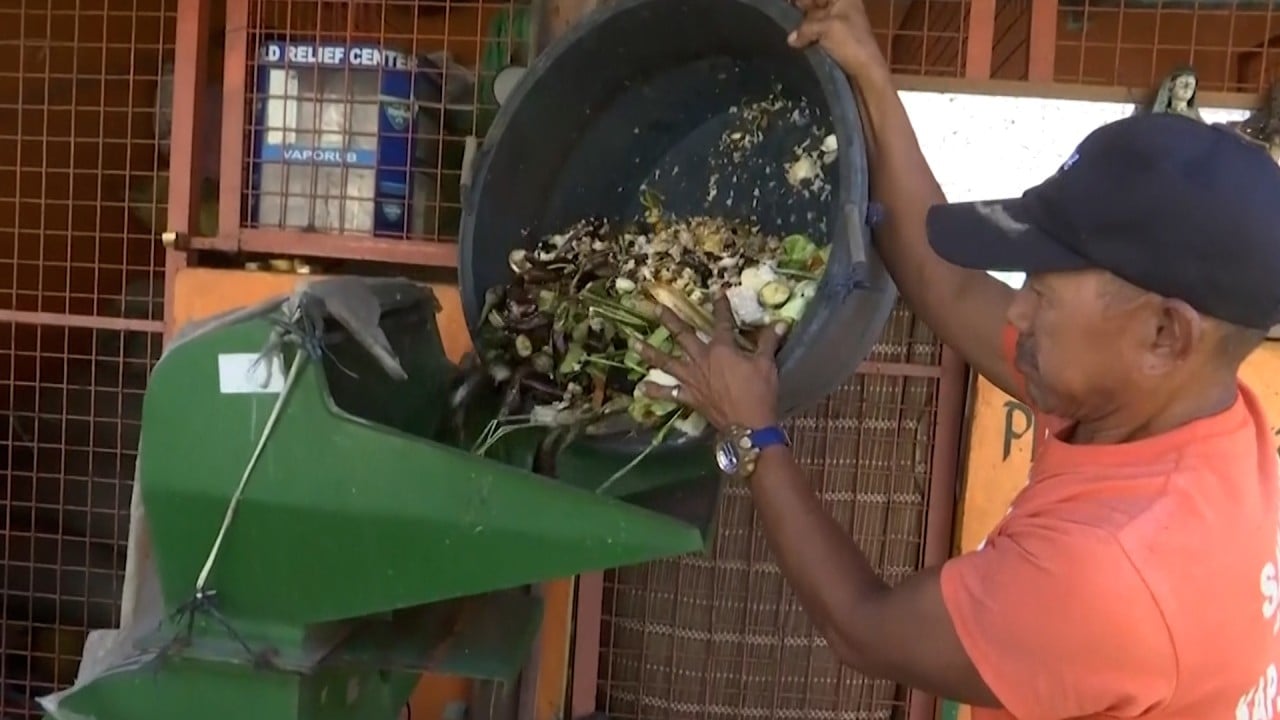While food waste is a global problem, it’s particularly of concern in Asia, which ironically is home to upwards of 370 million undernourished people – about half the world total. While not all of them are starving, the 2021 Asia and the Pacific Regional Overview of Food Security and Nutrition indicated that more than a billion people in Asia did not have access to adequate food in 2020.
A European Commission report on Asia’s food retail and food service channels states that region’s food waste is primarily driven by China and India, whereas South Korea and Singapore have made significant interventions to curtail food waste. China accounts for more than 40 per cent of Asia’s food waste, nearly two-thirds of the food waste generated by the entire region. If left unchecked, food waste across China, India and Southeast Asia could rise by an average of 24 per cent in the next decade.
From farm to fork and even when you order in a restaurant, waste is built into the system and defined by Asia’s changing consumption. Global climate change mitigation project Project Drawdown says that not only does food waste matter, our ability to stop climate change could hinge on what we eat and how we grow it.
The food we end up throwing away from an unfinished plate is just the tip of the iceberg. Much of the food loss in Asia occurs in the agricultural fields run by small farmers who operate most of the continent’s farmland. These farmers do agriculture in parcels of land that are usually smaller than 2 hectares. However, they also tend to struggle the most, especially after the Covid-19 pandemic.
Nearly 500 million small hold farmers around the world are generating a third of edible food that is wasted globally as a result of damaged soil and crops, water-starved fields and severe labour shortages that affect harvesting. Of these, 350 million small hold farmers are located in Asia.
A lack of cold storage and transport facilities makes the problem worse, especially in India. The country throws away as much as 30 per cent of its fresh produce each year, wasting fruit and vegetables worth about US$13 billion.

Other apps have sprang up across Asia that are taking these restaurant leftovers and turning them into cheap meals that people can order over phone apps. In Malaysia, for instance, the ReMeal app can help people find surplus food from cafes, bakeries and supermarkets at a discounted price.
Apps are not doing enough in the view of some countries, where instead they are starting to impose wide-ranging fines for food waste. It is illegal in South Korea to throw away food, which must be composted instead. Illegally discarding any food can result in penalties of up to 300,000 won (US$220).
Food waste remains a pressing concern in Asia in spite of all of these measures, but one promising sign is that the world is waking up to the fact that we can combat climate change by curbing our consumption. For a start, Food Waste Prevention Week, which is celebrated in early April, is gaining traction and growing into a powerful global movement.
Kamala Thiagarajan is a freelance journalist based in Madurai, southern India



